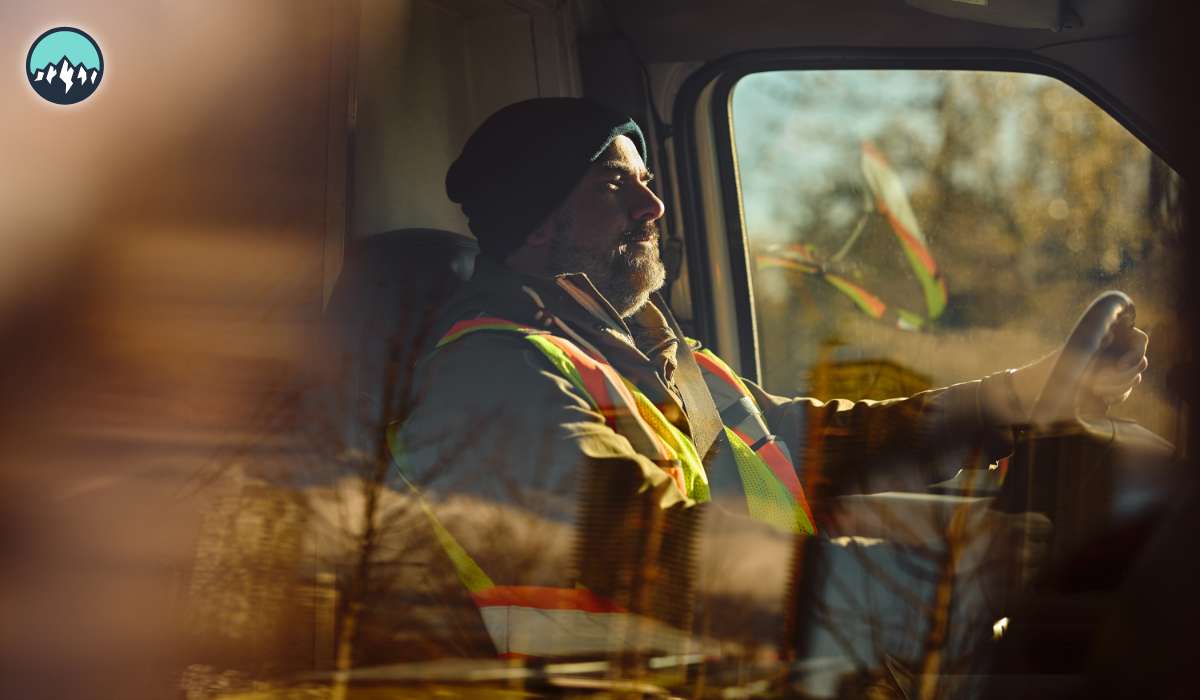Traveling to Canada with a DUI: What Are Your Options?
19 Mar 2025

Traveling to Canada with a driving under the influence (DUI) judgment can be challenging due to strict immigration laws. Even a single impaired driving offense may result in inadmissibility, preventing entry at the border. However, there are legal pathways available to overcome this issue. Options such as Criminal Rehabilitation, Temporary Resident Permits (TRP), and deemed rehabilitation can help eligible individuals regain entry. Understanding these options and their requirements is vital for a smooth travel experience.
This guide will explore the best solutions for overcoming inadmissibility and legally entering Canada after a DUI.
Inadmissibility Into Canada For DUI in Canada
Canada's Immigration and Refugee Protection Act (IRPA) outlines the grounds for inadmissibility, which includes criminal convictions. A DUI, regardless of where it occurred, is treated as a serious crime in Canada. This comes from the knowing that impaired driving poses a significant risk to public safety.
The severity of the offense is shown by the potential for severe penalties in Canada, including imprisonment, hefty fines, and driving license suspensions. Consequently, Canadian border officers are vigilant in enforcing these laws, ensuring the safety of Canadian citizens and residents.
A foreign criminal conviction is assessed against Canadian law. If the described offense were considered a serious crime in Canada, the individual would be deemed inadmissible. Since DUIs in most jurisdictions are considered equivalent to "impaired driving" under the Canadian Criminal Code, a foreign DUI conviction can trigger inadmissibility to Canada.
How Can I Travel to Canada With a DUI?

You’ll find several options for traveling to Canada despite your DUI conviction. These options depend on the offense's timeframe, the conviction's severity, and circumstances.
For Entering Canada Temporarily
A TRP allows individuals otherwise inadmissible to enter Canada for a specific purpose and duration. This permit is discretionary and granted on a case-by-case basis. You must demonstrate a compelling reason for your visit to obtain a TRP, such as business, family emergencies, or essential travel. You must also prove they pose no risk to Canadian society. The application process for a TRP requires comprehensive documentation, including:
- Proof of Compelling Reason for Travel: This could include letters of invitation, business contracts, or medical records.
- Court Records and Police Reports: Detailed documentation of the DUI conviction.
- Evidence of rehabilitation: Proof that you have taken steps to address the underlying issues related to impaired driving, such as completion of alcohol education programs or counseling.
- Proof of ties to your home country: Evidence that you intend to return after their visit, such as employment letters, property ownership, or family ties.
The TRP is valid for a specific period, generally from a few days to a few years. It's important to note that a TRP does not guarantee future entry, and you must reapply for each visit. Research from Immigration, Refugees and Citizenship Canada (IRCC) shows that TRP approval rates vary significantly based on circumstances and the strength of their application.
Regain Your Admissibility to Canada
For those seeking to regain admissibility permanently, the rehabilitation process is essential. Rehabilitation involves demonstrating to the Canadian government that the individual is no longer a risk to Canadian society. This process can be achieved through the following processes.
Criminal Rehabilitation
This formal application process requires individuals to wait a specific period after completing their sentence before applying. The waiting period depends on the severity of the offense. For DUIs, the waiting period is generally five years. The application requires lots of documentation, including court records, police reports, proof of completing the sentence, and evidence of rehabilitation.
Deemed Rehabilitation
After ten years have passed since the completion of the sentence, individuals may be deemed rehabilitated. This means they may be allowed entry into Canada without formally applying for rehabilitation, provided they have no other criminal convictions. Deemed rehabilitation is automatic and does not require an application. However, border officials still have the discretion to deny entry if they believe the individual poses a risk.
Please note that successful rehabilitation applications often include evidence of significant lifestyle changes, such as abstaining from alcohol, engaging in community service, and maintaining a stable employment record.
If You Have an Impaired Driving Offence Before December 18, 2018
Canada implemented stricter penalties for impaired driving on December 18, 2018. If your offense occurred before this date, your admissibility to Canada will be assessed based on the laws. Under the pre-2018 regulations, impaired driving offenses were generally classified as criminality, not serious criminality, unless your sentence included more than six months in prison.
This distinction is vital, as serious criminality can lead to a lifetime ban from Canada, while criminality may still offer rehabilitation options. You may be eligible for rehabilitation if deemed inadmissible due to criminality. To qualify, at least 10 years must have passed since you completed your entire sentence, including probation or fines. You may regain admissibility without applying for special permission if you meet this requirement.
What Happens if I Try to Enter Canada With a DUI Without Proper Documentation?

Attempting to enter Canada with a DUI without the proper documentation can have serious consequences. Canadian border officers have access to a lot of criminal databases and will likely discover your DUI during routine checks. Here’s what could happen if you try to enter without addressing your inadmissibility.
Denial of Entry
If deemed inadmissible to Canada due to a DUI, you will be refused entry at the Canadian border. This immediate action requires you to return to your country of origin, disrupting travel plans and potentially incurring additional expenses.
Detention and Deportation
In certain situations, Canadian border officers may detain individuals with a DUI record for further investigation. Subsequently, they may be deported back to their home country, which can have long-term implications for future travel.
Long-Term Consequences
A denial of entry creates a record of inadmissibility within the Canadian immigration system. This record can significantly complicate future attempts to enter Canada, potentially requiring more rehabilitation efforts.
Financial and Emotional Costs
Being denied entry can result in considerable financial losses, including non-refundable flight tickets and accommodation bookings. The experience can cause significant emotional distress, particularly for those with urgent travel needs.
Research from the Canada Border Services Agency (CBSA) shows that misrepresenting information or attempting to conceal a criminal record can lead to even more severe penalties, including permanent inadmissibility.
Practical Advice For Traveling to Canada With a DUI
Traveling to Canada with a DUI requires meticulous preparation and adherence to Canadian immigration laws. Here are some practical tips:
- Consult an Immigration Lawyer: An experienced immigration lawyer can provide personalized advice and guide individuals through the complex application process.
- Gather all necessary documents: Ensure all documents are complete and accurate and translated into English or French, if necessary.
- Apply well in advance: The rehabilitation and TRP application processes can take several months, so it's essential to apply well before the planned trip.
- Be honest and transparent: Misrepresenting information can lead to severe penalties.
- Carry all relevant documents: If you have been deemed rehabilitated or have obtained a TRP, carry all relevant documents, including court records, rehabilitation approval, and your TRP.
- Understand border officer discretion: Border officers have the final say on entry, even with a TRP or deemed rehabilitation. They can deny entry if they consider you a risk.
FAQs
Should I Consult an Immigration Lawyer or a Regulated Canadian Immigration Consultant (RCIC)?
Yes, consulting an immigration lawyer or Regulated Canadian Immigration Consultant (RCIC) is highly recommended. They can assess your specific case, guide you through legal procedures, and improve your chances of admissibility. Professional advice ensures you choose the best pathway through rehabilitation or a TRP.
Can I Be Denied Entry Even With a TRP or Deemed Rehabilitation?
Yes, a TRP does not guarantee entry, as border officers have the final discretion. Even if you qualify for deemed rehabilitation, officers may deny entry based on other factors, such as security concerns or misrepresentation. Proper documentation and honesty during the process improve your chances of successful entry.
How Long Does the Rehabilitation Process Take?
The processing time for a Criminal Rehabilitation application varies but generally takes 6 to 12 months. Complex cases or missing documents can lead to delays, making early application essential. If you need urgent travel, a TRP may provide temporary entry while your rehabilitation application is processed.


